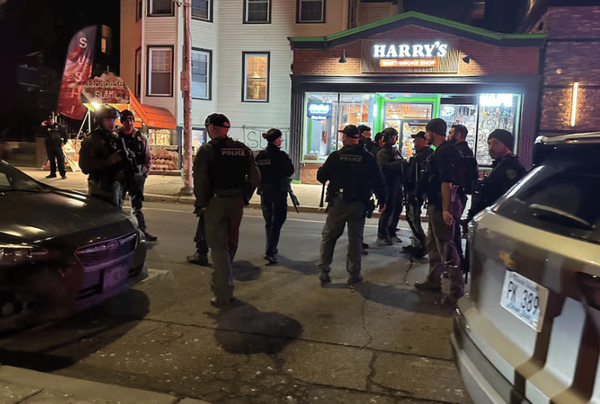
Due to a combination of climate change and state neglect, giant wildfires raged through millions of hectares of land in northeastern Siberia in the summer of 2021. Classified as “control zones” by the Russian government, the region gets little aid from officials; the cost of combating fires is considered to be excessive compared to the damage done. Focusing on the rural village of Shologon, Alexander Abaturov’s evocative documentary chronicles the heroic efforts of the indigenous community to protect their homes.
Largely populated by elderly people, women and children, Shologon has little equipment to slow the deadly spread of “the Dragon”, the locals’ nickname for the powerful forest fires. What they possess in spades, however, is astonishing resilience and camaraderie in the face of unprecedented calamity. Images of the villagers swathed in clouds of black smoke are accompanied by a child’s reading of an ancient folk tale, which speaks of a mighty and toxic wind – a profound juxtaposition that connotes how their fight for survival has existed for generations.
Languidly oscillating between a wintry snow-white landscape, the orange hue of the fires and the blue of the villagers’ traditional clothing, the astonishing cinematography (by Paul Guilhaume) evokes the hand-tinted, expressionistic visuals of nature documentaries from the silent era. Visually gorgeous as it is, the film’s deliberately laconic style occasionally runs the risk of reducing a pressing issue into abstraction. Considering how remote Shologon is, more contextual information on the area’s society and politics would have made Paradise an even more substantial work of nonfiction.
• Paradise is released on 26 May at Bertha DocHouse, London.







